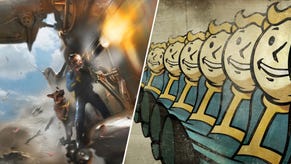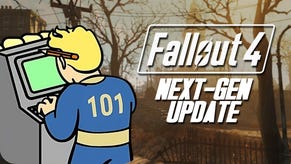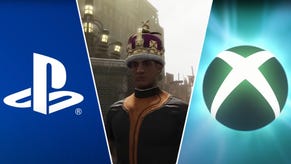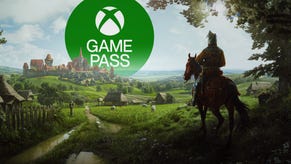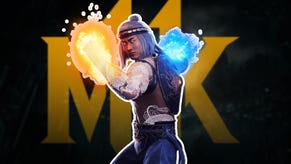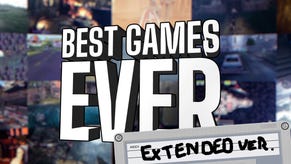Weekend Gamer: Castle in the Darkness is More Than Just Another Throwback Indie Platformer
Looking for something to play after Friday comes to a close? Nicalis' latest release acts as a greatest hits compilation of 8-bit action/adventure.
This article first appeared on USgamer, a partner publication of VG247. Some content, such as this article, has been migrated to VG247 for posterity after USgamer's closure - but it has not been edited or further vetted by the VG247 team.
I know, I know: There's no shortage of indie platformers with a charming 8-bit aesthetic. It's not an inherently bad idea, of course, but it's one that's been overused to the point of ubiquity. (Frankly, I'm waiting for the indie scene to give me some nostalgic homages to creepy and crappy mid-90s CGI.)
Since "8-bit" remains the prevailing visual style for these types of games, it's possible for some of them to go overlooked; for every Shovel Knight that comes around, there seems to be a half-dozen others that don't capture the retro vibe quite as effectively. So if you ignored Castle in the Darkness' release earlier this month, don't consider it a personal failing. On the surface, at least, this metroidvania doesn't do much to distinguish itself from its competition. Sink just half an hour into this little game, though, and you'll realize developer Matt Kap knows his roots.
While you can draw some immediate comparisons to Metroid and Castlevania—the Steam store description certainly does—Castle in the Darkness' mix of influences is a little more complicated. Of course, it doesn't remove itself from the standard formula of slowly increasing your hero's utility for the sake of overcoming previously encountered obstacles, and that's okay: It's a premise that works. Castle diverges from the expected path, though, by dismissing the standard large environments begging to be mapped out. Instead, it strives for a much quicker pace—in many ways, it feels like a lost Wonder Boy/Monster World game. That's not the only other influence I spotted, though: Playing Castle in the Darkness brought several other 8-bit games to mind, like Faxanadu, Legacy of the Wizard, and Clash at Demonhead. (Thankfully, Kap chose to borrow only the good parts.)
Castle's streamlined nature really helps it stand out from the Metroidvania crowd. While most of these games typically entail you with methodically mapping out an area, Castle instead tasks players with staying alive between plentiful checkpoints. The screens between these safe spots feel like discrete, Super Meat Boy-style challenges, and while they're not nearly as punishing, expect to die a lot—the game over screen even has a death counter with six digits, in case you need them. Your little hero might not be able to take more than a few hits before keeling over, but really, the difficulty of Castle feels about on par with that of your average NES game, though the frequent checkpoints mean you'll be punished by having to replay just a few screens rather than half of the level. I'm sure 8-bit developers would have designed their games with these safeguards had they understood just how distracted we'd be in the future.
At $5.99, Castle in the Darkness doesn't require a huge investment—in my neck of the woods, that's about the price of a decent beer (but still less than a decent burrito). It's not a tiny game, but you should be able to get everything you need out of Castle over the course of a solid weekend; and though it's not hard to find 8-bit homages designed to prey on your nostalgia, Kap's creation feels like it comes from a place of sincerity. If it slipped past your radar earlier this month, consider giving it a try—you can only replay Shovel Knight so many times, you know?


